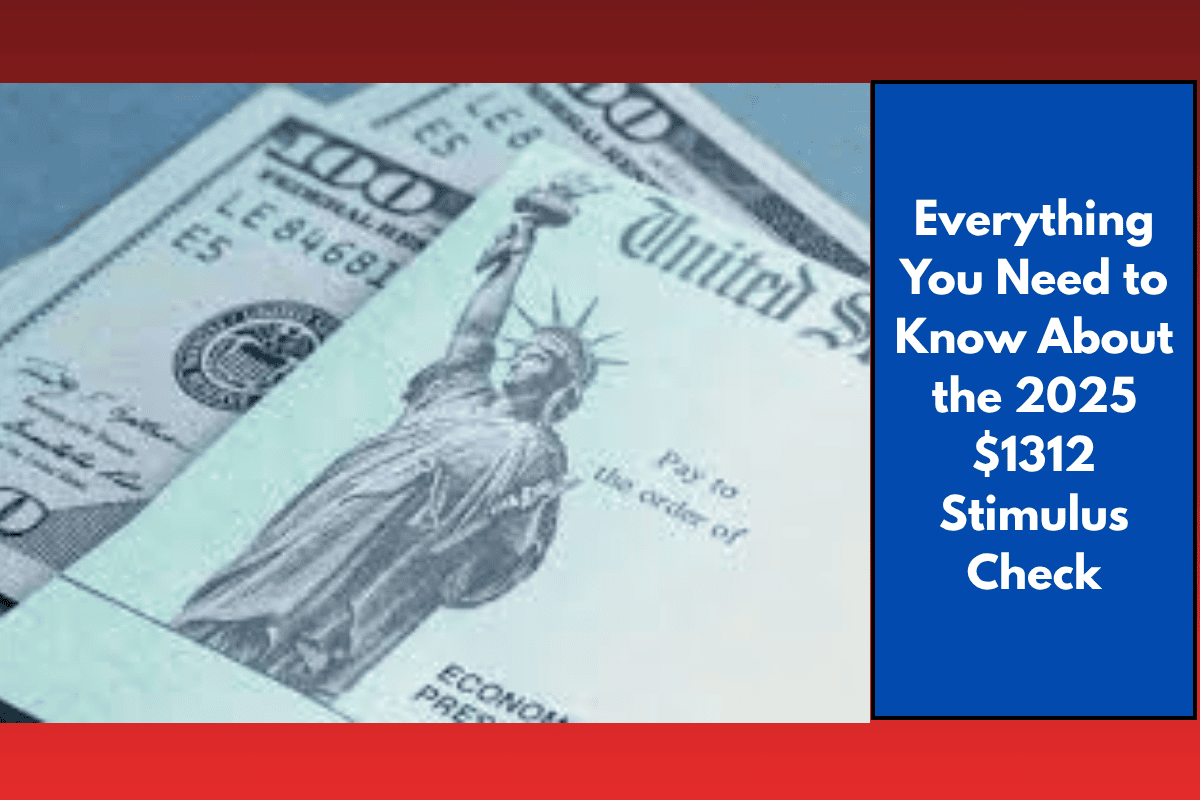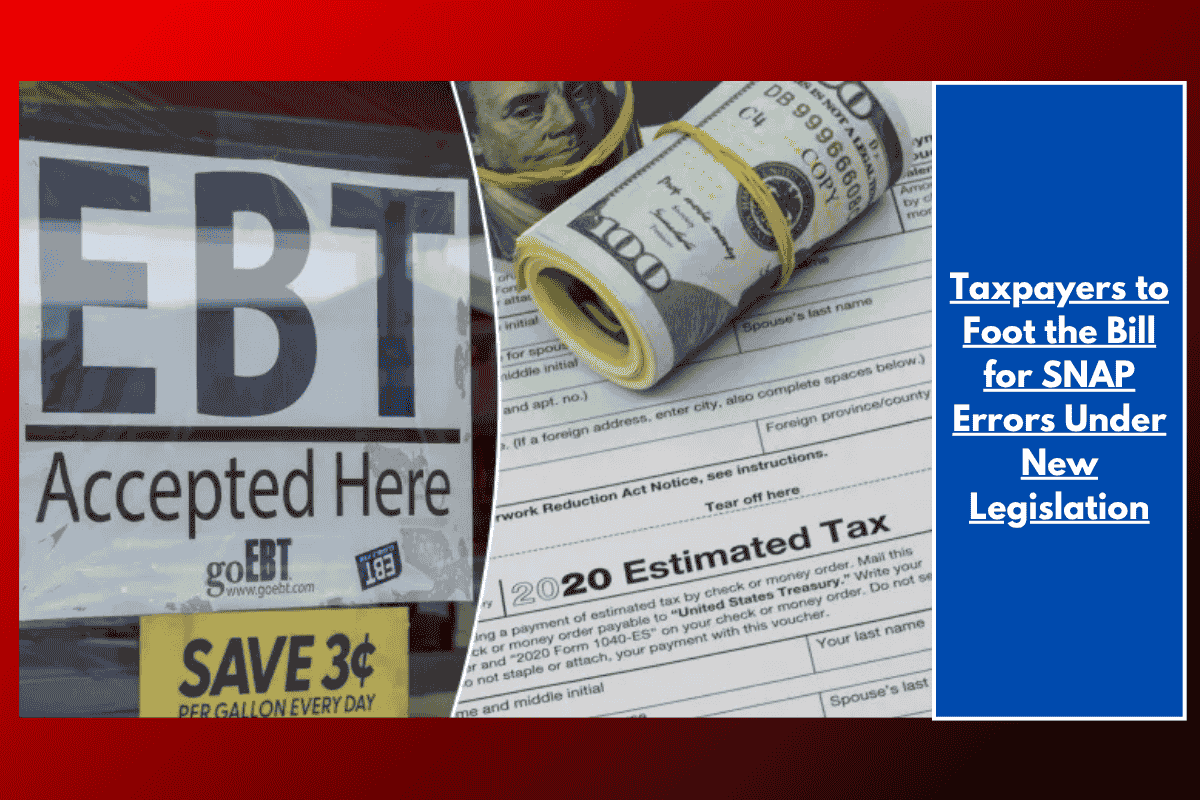In a new round of junk food crackdowns, three more states—Arkansas, Idaho, and Utah—will begin restricting what food items can be purchased with Supplemental Nutrition Assistance Program (SNAP) benefits. These states will join a growing list of areas aiming to limit access to unhealthy food options for millions of low-income Americans.
What’s the Purpose of These New Bans?
The bans are designed to encourage healthier eating habits among SNAP recipients, which affect over 41.6 million Americans. The program, which provides financial assistance for purchasing food, has traditionally allowed people to buy a wide range of products, including snacks, sugary drinks, and pre-packaged junk food.
The new bill will prohibit sugary junk food from being purchased with SNAP benefits. The restrictions will apply to items such as:
- Sugary drinks, including sodas and other sweetened beverages with more than five grams of added sugar or artificial sweeteners.
- Pre-packaged candy, chips, and other snack foods.
However, fruit juices and milk-based drinks will not be included in these new restrictions.
Which States Are Involved?
The three new states—Arkansas, Idaho, and Utah—join Texas in the push to limit sugary and unhealthy foods for SNAP recipients. These states have received waivers allowing them to amend the definition of eligible foods under the program.
- Utah and Idaho will implement the changes on January 1, 2026.
- Arkansas will begin its restrictions by July 1, 2026.
Other states like Nebraska and Iowa have also received waivers, with their restrictions beginning on January 1, 2026. In Nebraska, only soda and energy drinks will be excluded, while Iowa will restrict sweetened beverages, snacks, and candy.
Health Secretary’s Statement
Health Secretary Robert F. Kennedy Jr. has been an outspoken advocate for removing synthetic food dyes and other harmful substances from U.S. food. He supports the bans, saying in a statement, “For too long, some food producers have been feeding Americans petroleum-based chemicals without their knowledge or consent. These poisonous compounds offer no nutritional benefit and pose real, measurable dangers to our children’s health and development.”
He has also urged state governors to take action, stating that taxpayer dollars should never bankroll products that contribute to the growing chronic disease epidemic.
Concerns About Confusion and Chaos
While the intentions behind the bans are largely focused on improving public health, concerns have been raised about potential confusion among SNAP recipients. Different states will implement their restrictions at different times, and some have slightly different rules, which could create a patchwork of rules that could confuse customers, grocery stores, and even the food industry.
Leslie G. Sarasin, President and CEO of the Food Industry Association (FMI), expressed concerns about the potential for chaos. She said, “While pilots and waivers may have an important role, it is critical not to create chaos and confusion both in individual stores and through a jumbled mixture of varying state requirements—creating new program inefficiencies, longer grocery store lines, and customer frustration.”
Similarly, the Natural Grocers Association (NGA) has called for clarity in how these changes are implemented and has suggested that the impacts of the waivers should be thoroughly evaluated to ensure that they are meeting the intended goals without negatively affecting access to nutritious food.
What’s Next?
As more states join this growing movement to restrict junk food access, the focus will be on how effectively these policies can encourage healthier choices and address concerns about confusion. While some experts argue that limiting access to unhealthy foods can improve public health, others worry that the changes may inadvertently create barriers for low-income individuals trying to access nutritious options.
These changes also come as the debate over food access and nutrition policy in the U.S. intensifies, with lawmakers and health advocates pushing for stricter regulations to curb the rising rates of obesity, diabetes, and other health problems linked to poor diets.














